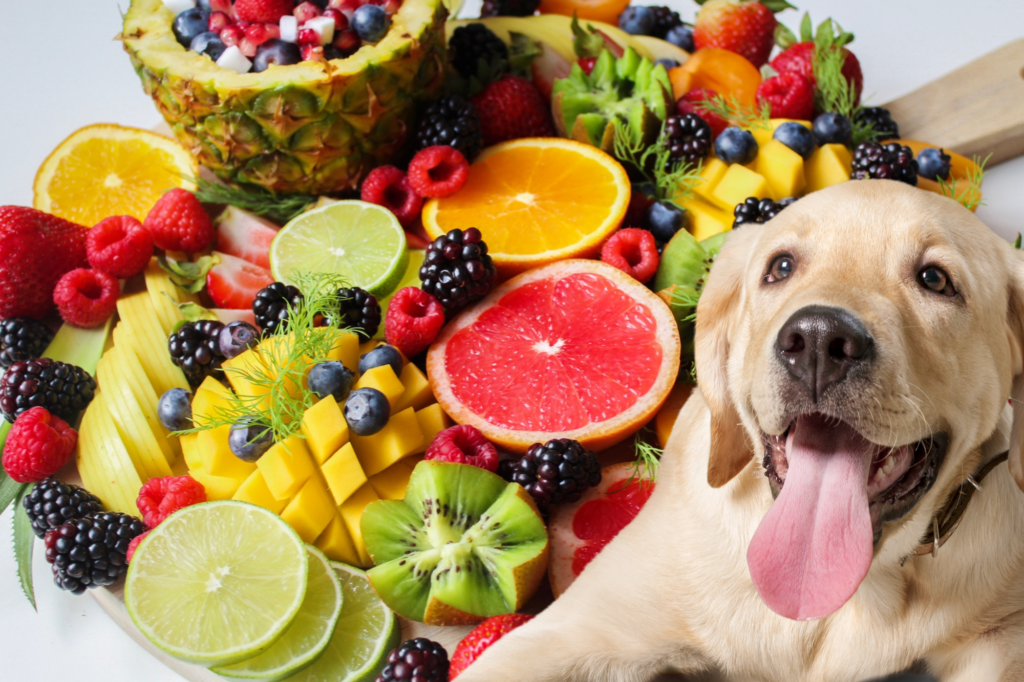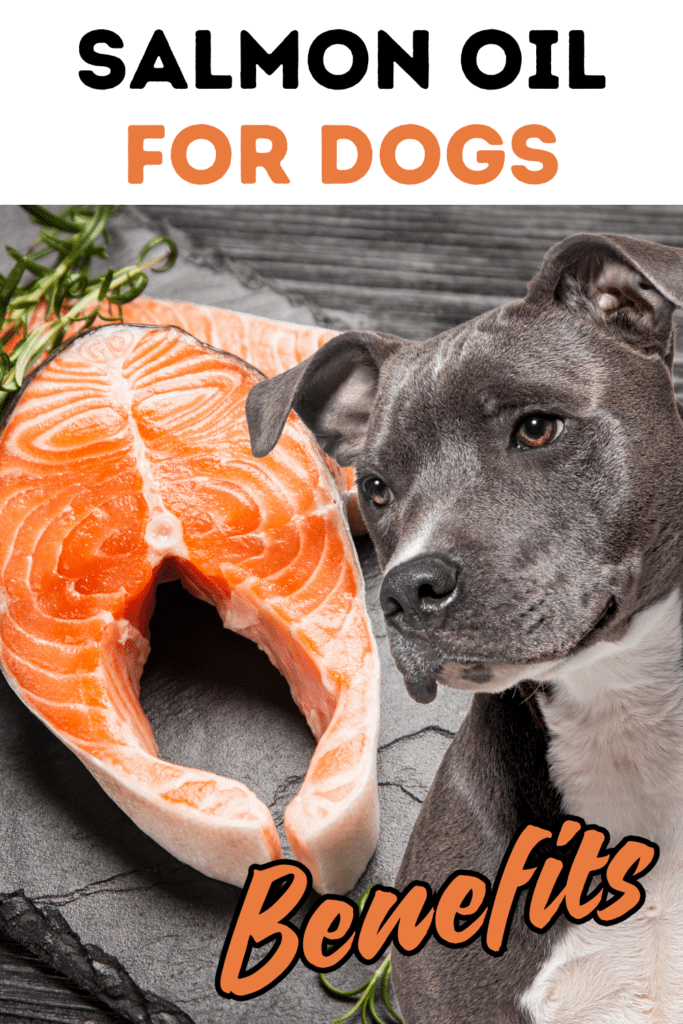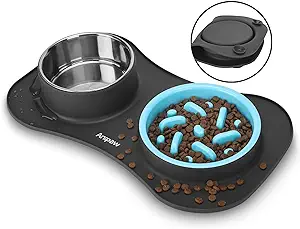This “The Best Fruits Safe for Dogs: Benefits and Tips” post may contain affiliate links, which means I’ll receive a commission if you purchase through my link, at NO EXTRA COST TO YOU
The Best Fruits Safe for Dogs: Benefits and Tips
As a dog owner, you likely want to provide your furry friend with the healthiest and most nutritious diet possible. While commercial dog food often meets their basic nutritional needs, adding fresh fruits to your dog’s diet can be a great way to enhance their overall well-being. However, not all fruits are safe for dogs, and it’s crucial to know which ones are best suited for your pet.
In this guide, we’ll explore the best fruits safe for dogs, their health benefits, and essential tips on how to introduce them to your dog’s diet.

Why Should You Feed Your Dog Fruits?
Fruits are packed with essential vitamins, minerals, and antioxidants that offer numerous health benefits for dogs. They help improve digestion, boost the immune system, and support healthy skin and coat. Fruits also provide a natural, low-calorie alternative to processed dog treats, making them a great option for overweight dogs or pets with special dietary needs.
However, while fruits can be a healthy addition to your dog’s diet, not all fruits are suitable for them. Some fruits can cause digestive upset or even be toxic to dogs. Understanding which fruits are safe will help ensure that your dog enjoys the benefits without any risks.
The Best Fruits Safe for Dogs
Here’s a list of the top fruits safe for dogs, their health benefits, and some tips on how to serve them.
1. Apples
Benefits: Apples are high in fiber and vitamin C, which can boost your dog’s immune system and promote healthy digestion. The fiber in apples helps regulate your dog’s bowel movements, while the antioxidants support healthy aging. Apples are also low in calories, making them a great snack for dogs who need to manage their weight.
Tip: Always remove the seeds and core before offering apples to your dog. Apple seeds contain cyanide, which is toxic to dogs if consumed in large quantities.
2. Blueberries
Benefits: Blueberries are rich in antioxidants, which help fight free radicals in your dog’s body. These antioxidants promote healthy brain function, support the immune system, and help prevent cancer. Blueberries are also low in sugar and high in fiber, making them a great treat for dogs with diabetes or weight issues.
Tip: You can serve fresh or frozen blueberries to your dog, but remember to offer them in moderation due to their small size, which can lead to choking if not supervised.
3. Bananas
Benefits: Bananas are a great source of potassium, which supports healthy heart and muscle function in dogs. They also contain vitamin B6 and fiber, which can help with digestion and reduce nausea. Bananas are a soft fruit, making them easy to digest for most dogs, even those with sensitive stomachs.
Tip: Cut bananas into small pieces to avoid choking hazards. Offer them in moderation, as bananas are high in sugar and can contribute to weight gain if overfed.

What Human Foods are Safe for Dogs and Cats?
As pet owners, we often find ourselves wanting to share our favorite foods with our furry friends. Those pleading eyes and wagging tails make it hard to resist! However, not all human foods are safe for dogs and cats. Feeding your pets the wrong foods can lead to serious health issues, from mild digestive problems to severe, life-threatening conditions.
4. Strawberries
Benefits: Strawberries are rich in vitamin C, manganese, and antioxidants. These nutrients help improve skin health, boost the immune system, and support overall health. Strawberries also contain fiber, which can aid in digestion and promote healthy bowel movements.
Tip: Always wash strawberries thoroughly to remove any pesticides or chemicals. You can serve them fresh or frozen, but cut them into smaller pieces to avoid choking.
5. Watermelon
Benefits: Watermelon is made up of over 90% water, which makes it an excellent hydrating snack, especially in hot weather. It contains vitamins A, B6, and C, which help support your dog’s immune system and improve their vision. Watermelon is also low in calories, making it a great option for dogs who need to maintain a healthy weight.
Tip: Remove the seeds and rind before offering watermelon to your dog. The seeds can cause gastrointestinal issues, and the rind can lead to choking or digestive upset.
6. Pears
Benefits: Pears are a great source of fiber, vitamin C, and antioxidants. The fiber helps regulate digestion, while vitamin C boosts your dog’s immune system. Pears are also low in fat and calories, making them a healthy snack for dogs trying to lose weight or maintain a healthy weight.
Tip: Always remove the seeds and core of pears, as they can be harmful to your dog if ingested in large quantities.
7. Pineapple
Benefits: Pineapple is rich in vitamins, minerals, and enzymes like bromelain, which aid in digestion. The vitamin C content of pineapple supports the immune system, while the natural enzymes help break down proteins and ease digestive discomfort.
Tip: Cut pineapple into small chunks and serve in moderation. Avoid offering the tough outer rind or core, as these can be difficult for your dog to digest.
8. Mango
Benefits: Mangoes are packed with vitamins A, C, and E, which help boost your dog’s immune system and improve their coat and skin health. The fiber in mangoes promotes healthy digestion, while the antioxidants help fight inflammation and support overall health.
Tip: Remove the pit and peel before serving mango to your dog. The pit can cause choking, and the peel can be difficult for your dog to digest.
9. Cantaloupe
Benefits: Cantaloupe is another hydrating fruit, with a high water content that helps keep your dog hydrated, especially during hot weather. It’s rich in vitamins A and C, which support healthy eyesight and immune function. The fiber in cantaloupe can also aid digestion.
Tip: Remove the seeds and rind before offering cantaloupe to your dog. Serve small portions to avoid overeating and potential digestive upset.
10. Raspberries
Benefits: Raspberries are rich in fiber, antioxidants, and vitamin C. They support healthy digestion, boost the immune system, and help reduce inflammation in your dog’s body. Raspberries also contain natural compounds that can help improve brain function and overall well-being.
Tip: While raspberries are safe for dogs in moderation, they contain small amounts of xylitol, a natural sweetener that can be toxic to dogs in large quantities. Always feed them in small amounts and monitor your dog for any signs of distress.
Important Tips for Feeding Your Dog Fruits
- Moderation Is Key: While fruits are healthy, they contain natural sugars that can contribute to weight gain and other health issues if fed in excess. Stick to small portions, especially for dogs with preexisting health conditions like diabetes or obesity.
- Introduce New Fruits Slowly: If your dog has never had a particular fruit before, introduce it slowly and observe for any adverse reactions, such as gastrointestinal upset. Always start with small amounts to ensure your dog tolerates the fruit well.
- Avoid Toxic Fruits: Some fruits are toxic to dogs, including grapes, raisins, and cherries. Always double-check the safety of a fruit before feeding it to your dog. Grapes and raisins, in particular, can cause kidney failure, so it’s crucial to avoid them entirely.
- Remove Seeds and Pits: Many fruits, such as apples, peaches, and pears, contain seeds or pits that can be harmful to dogs if swallowed. Always remove these parts before offering the fruit to your dog.
- Serve Fresh, Ripe Fruit: Always serve fresh, ripe fruit to your dog. Unripe or spoiled fruit can cause digestive upset and might not offer the same nutritional benefits.
- Consult Your Veterinarian: If you’re unsure about introducing new fruits to your dog’s diet, it’s always a good idea to consult your veterinarian. They can provide personalized recommendations based on your dog’s health needs.
Conclusion
Introducing fruits safe for dogs into your pet’s diet is a great way to provide them with extra nutrients, hydration, and variety. With so many delicious options available, you can choose fruits that not only taste great but also support your dog’s health and well-being. Remember to serve these fruits in moderation and always remove seeds or pits to prevent choking or toxicity. By following these guidelines, you can safely and responsibly offer your dog healthy, nutritious fruit treats.
So, the next time you’re enjoying a fruity snack, share a little bit with your furry friend—your dog will thank you!

Salmon Oil for Dogs: Discover the Benefits, Proper Dosage, and Best Brands Available
Salmon oil is more than just a trendy supplement for dogs—it’s a powerhouse of nutrition that can significantly improve your dog’s health. From promoting a shiny coat to supporting joint health, salmon oil offers a wide range of benefits.





